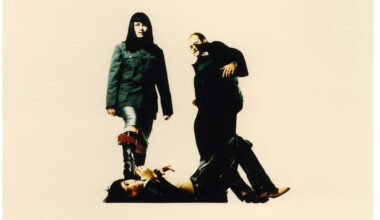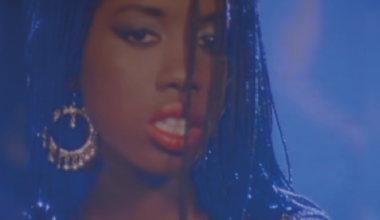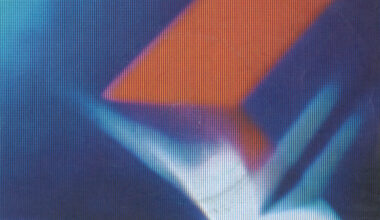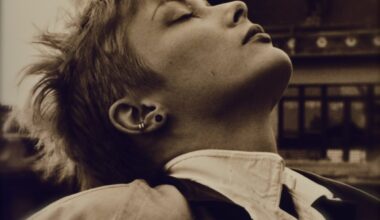Jim Jupp mulls over ‘Farmer’s Angle’, his debut Belbury Poly EP from 2004 – the release which launched the iconic Ghost Box label and also kickstarted 21st century hauntology
Want to read more?
Sign up to Electronic Sound Premium to gain access to every post, video, special offers, and more. 100%, all you can eat, no commitment, cancel any time.
Already a premium member? Log in here





